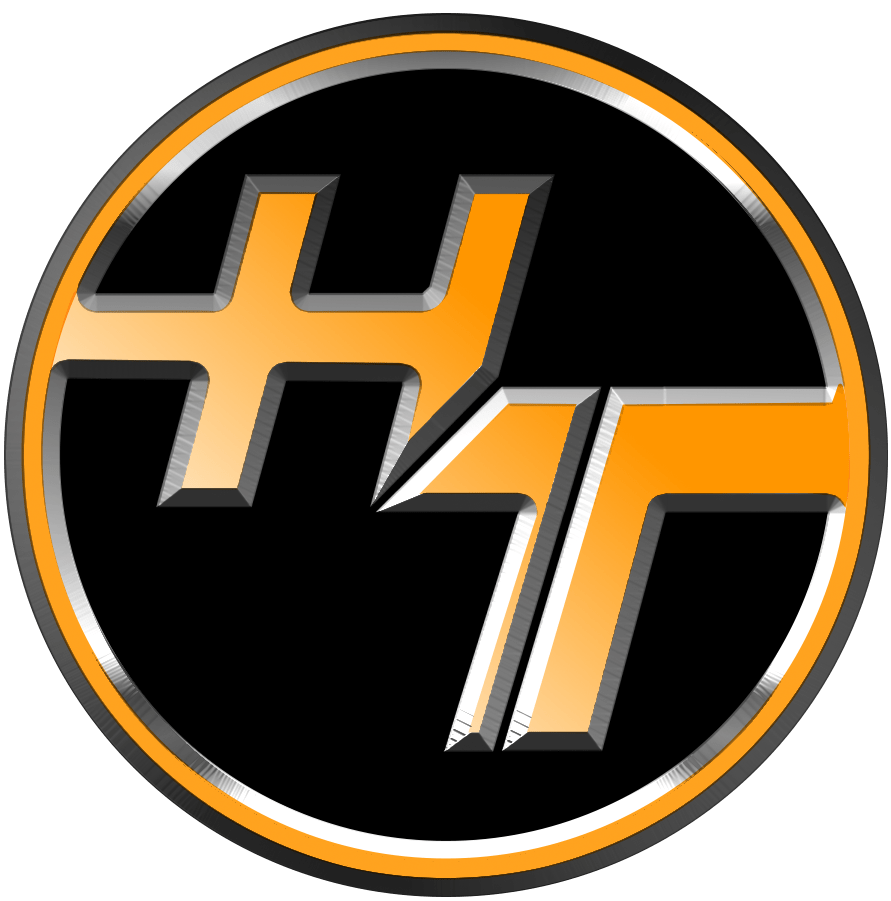In today’s fast-paced work environment, HR software has become a vital tool for organizations looking to improve their human resources operations. Whether it’s managing employee data, automating recruitment, or tracking performance, HR software offers practical solutions that save time, reduce errors, and help HR teams focus on what truly matters—people.
Let’s dive into how HR software is changing the game for businesses of all sizes and how to choose the right solution for your needs.
What Is HR Software?
HR software is a digital solution designed to simplify and automate various HR tasks and processes. It helps businesses manage everything from payroll and benefits to recruitment, onboarding, and employee performance.
There are two main types of HR software approaches:
- HR Suites: These are all-in-one platforms that cover multiple HR functions in a single system.
- Point Solutions: These are specialized tools built for a specific purpose like hiring, payroll, or performance management.
Choosing between the two depends on your company’s goals, size, and internal resources.
Types of HR Software and What They Do
There’s a wide range of HR tools available today. Here are the key categories:
Core HR Software
This includes Human Resource Information Systems (HRIS) and Human Capital Management (HCM) systems. These platforms act as a central database for employee details—such as job titles, contact information, tax documents, leave balances, and benefits. It also includes payroll software, which automates salary processing, deductions, and compliance reporting.
Recruitment Software
Often called an Applicant Tracking System (ATS), this tool manages the hiring process. It helps post job listings, screen resumes, track candidates, and schedule interviews. With AI features, some tools can even scan resumes to match top candidates with job descriptions faster.
Onboarding Software
Starting a new job can be overwhelming, but onboarding software makes the process smooth. It manages digital paperwork, introduces new hires to the team, and provides essential information about their role, responsibilities, and company policies.
Performance Management Tools
These tools help set goals, schedule performance reviews, and track individual and team progress through dashboards and KPIs. Managers can use the insights to reward top performers and guide others toward improvement.
Learning & Development (L&D) Systems
L&D platforms, like Learning Management Systems (LMS), are used to create, manage, and track employee training programs. These systems support various formats, including video lessons, quizzes, and certificates, to help upskill the workforce.
HR Suites vs. Point Solutions: Which Is Better?
Choosing between an HR suite or point solution depends on your company’s specific needs.
HR Suites
- Good for larger companies looking for integration across departments.
- Easier to manage one system and one vendor.
- Data is centralized, reducing duplication and improving reporting accuracy.
- However, some features may be less powerful compared to specialized tools.
Point Solutions
- Best for companies needing deep features in specific areas like recruitment or learning.
- Easier to implement and use when focused on one function.
- Often provide better customization for niche HR tasks.
- May require more effort to integrate with other systems.
A common approach is to use an HR suite for 70% of your needs and then supplement it with point solutions to fill the gaps.
Why HR Software Matters
Adopting modern HR software brings many benefits:
- Efficiency: Automates time-consuming tasks like payroll and reporting.
- Accuracy: Reduces manual errors in sensitive areas like taxes or performance reviews.
- Employee Experience: Creates a smoother onboarding and development journey.
- Data-Driven Decisions: Offers dashboards and analytics to help HR teams make informed decisions.
- Scalability: Easily supports business growth without increasing HR workload.
Moreover, HR software empowers HR teams to spend less time on paperwork and more time building a great workplace culture.
Conclusion
Whether you’re a growing startup or a large enterprise, investing in the right HR software can transform how your business manages its people. From hiring and onboarding to performance and training, modern HR tools offer flexibility, accuracy, and long-term value.
While there’s no one-size-fits-all answer, understanding your company’s needs and involving both HR and IT teams in the decision-making process can help you find the right mix of tools. In a world where people are your most valuable asset, using smart HR software isn’t just a nice-to-have—it’s essential.
Suggested Read: How AI Is Transforming Workflow Automation







